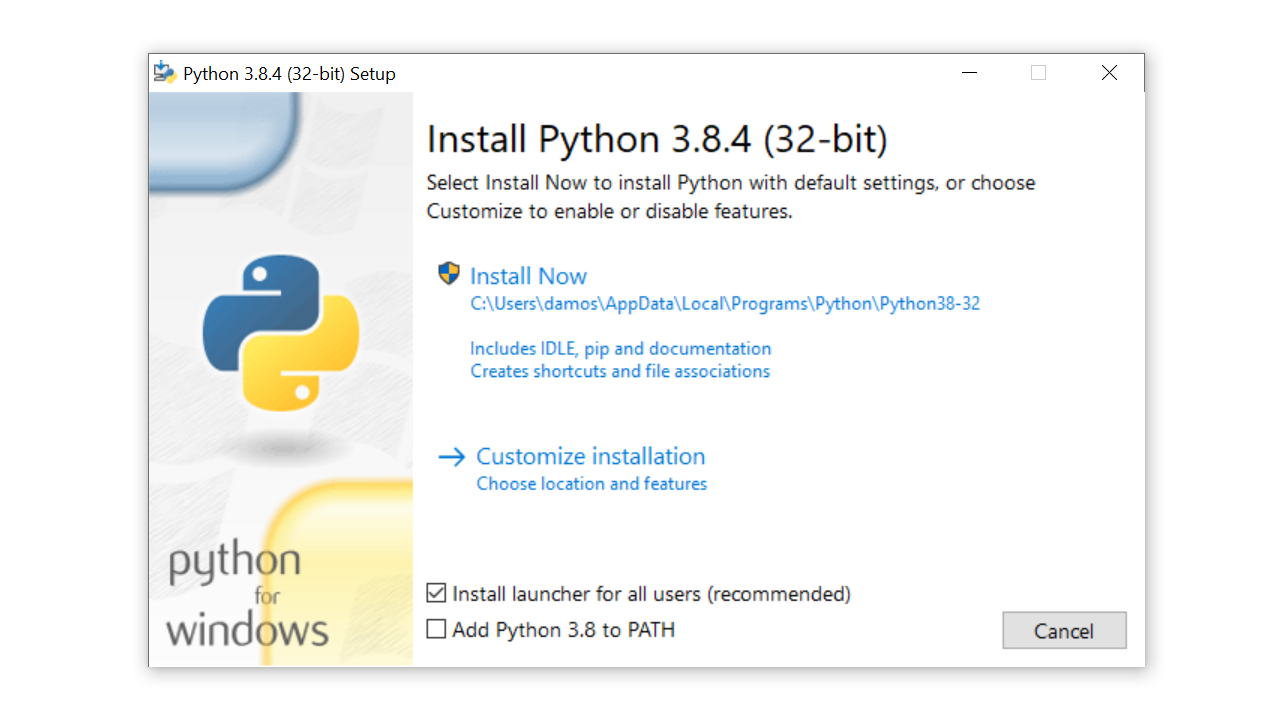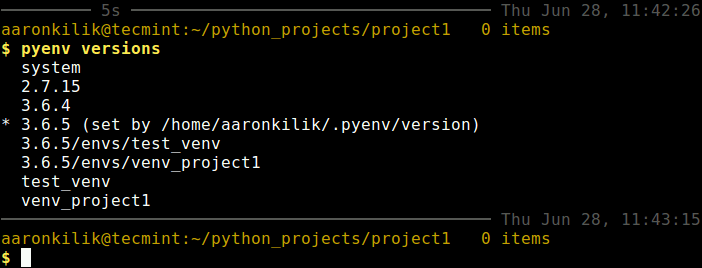
See ActiveState Platform Pricing for more information. AAR services are available at the Enterprise Tier. AAR can be pre-populated with Windows and/or Linux wheels for Python 3.9 or later.ĪAR is part of the ActiveState Platform, which you can try out for free. Rather than pre-populating a repository with the wheels you want to restrict your developers to using, you can save considerable time and effort by using a pre-populated repository like ActiveState’s Artifact Repository (AAR). To download Python wheels to a specific location (–dest, which is typically a dir), run the following command: python -m pip download -only-binary :all: -dest. If you’re pre-populating a private repository behind the firewall in your organization, you may want to download multiple wheels since your developers may be working on different operating systems. Most packages provide multiple wheels – one for each version of Python and operating system the author supports. To uninstall a package: pip uninstall How to Download Wheels To upgrade a package that is already installed: pip install -upgrade To install a package from a repository other than PyPI, such as Github: pip install -e git+ To install a specific version of a package, run the following command: pip install =v.v By default, pip will always attempt to install a wheel unless there is no whl file for your operating system, at which point pip will attempt to build the wheel from the sdist (note that this can fail if you don’t have the appropriate resources and requirements on your system).Īssuming you don’t first need to install Python from, you can install a wheel by running the following command: pip install There’s no need to specify that you want to install a wheel.

Pip will install the appropriate wheel for Windows, Linux or macOS.


Pip will install all “flavors” of wheels, including: Additionally, most developers simply don’t have the right tooling and experience to build everything from source code themselves. According to the Python Packaging Authority (PyPA), wheels are the preferred way that pip installs Python modules from the Python Package Index (PyPI) because they’re smaller, faster to install, and more efficient than building the package from the source code contained in an sdist.

Open source Python packages can be installed from Source Distributions (sdist) or Wheels (whl).


 0 kommentar(er)
0 kommentar(er)
